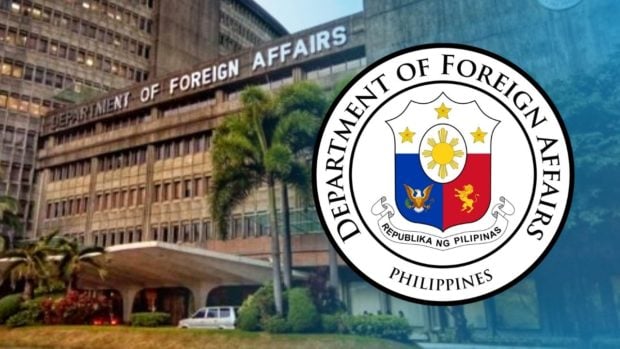DFA launches e-Apostille service; first in Asean region

INQUIRER FILE PHOTO
MANILA, Philippines — The Department of Foreign Affairs Office of Consular Affairs (DFA – OCA) announced that it launched an e-Apostille service for civil registry documents.
DFA said the system will allow the public to apply online for e-documents and e-Apostilles from the Philippine Statistics Agency (PSA) without having to appear in both offices.
Foreign Affairs Undersecretary Antonio Morales said that the Philippines was the first in Southeast Asia to implement the e-Apostille system.
READ: DFA passport application: What requirements are needed
“It is noteworthy to mention that the Philippines was the first country in ASEAN to accede to the Apostille Convention. We have continued our leadership in this area by being the first in ASEAN and the third in the Asia-Pacific region to fully implement the electronic Apostille today,” Morales said.
e-Apostille system
DFA said that the e-Apostille system is available for the PSA civil registry documents via PSA Helpline. But they are currently working to also include other public documents in the future.
READ: Lawmakers pass new passport law
Meanwhile, payments can be made in the PSA Helpline page and in the Landbank Link.biz portal.
DFA said the service is only available for PSA civil registry documents via PSA Helpline. However, the service will soon cover other public documents in the next phase of implementation in coordination with other government agencies with digital processes and issuance.
READ: Marcos signs ‘New Philippine Passport Act’ to digitalize passport applications
Moreover, it said that e-payment options are available for PSA e-certificates via the PSA Helpline page while e-payment for the e-Apostille can be made via the Landbank Link.biz portal.
The DFA said that there are 126 contracting parties in the Apostille Convention that should accept e-Apostilles.
Disclaimer: The comments uploaded on this site do not necessarily represent or reflect the views of management and owner of Cebudailynews. We reserve the right to exclude comments that we deem to be inconsistent with our editorial standards.
